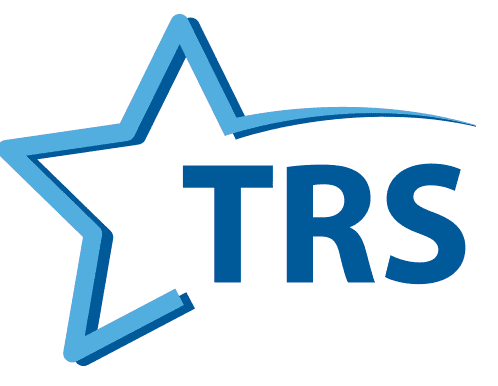TRS Training attended an industry webinar hosted at the end of 2020 by the Road Haulage Association (RHA). During the event, a panel of experts discussed the logistics industry’s priorities in the coming months. Speakers included representatives from the RHA, Coca Cola, The Pilot Group, and Commercial Motor Magazine.
As with all RHA networking and professional events, the webinar proved very useful for us at TRS. It gave us insight into whether we are on track with our logistics sector apprenticeships strategy over the coming year. Subsequently, we’re pleased to report that we’re pretty much bang on with our priorities.
The expert panel identified several challenges to the sector, including Brexit, but all agreed that recruitment problems present an urgent crisis for logistics. Here are the three prominent logistics recruitment challenges identified during the webinar, along with an explanation of what TRS is already doing to tackle each one as they relate to apprenticeships such as LGV Driving, Transport Manager and Porters:
Logistics Recruitment Challenge 1
There is a lack of awareness of opportunities, including amongst schools career advisors
Many young people and other individuals considering a career in logistics believe that the only job roles available relate to truck driving. Clare Bottle, Associate Director of Warehousing at Coca Cola EU, discredited this myth during the RHA webinar when she explained that in her 400-strong team, there are approximately 100 different logistics-related job roles. There is a need for the sector to showcase the varied careers on offer.
TRS Training is in the process of producing communications material explaining the varied job roles and career progression paths in logistics, as they relate to apprenticeships. These materials will be available free of charge and distributed to schools, careers agents, job centres and other intermediaries.
Logistics Recruitment Challenge 2
Too few applicants for advertised roles
Both the panel of experts and attendees at the webinar overwhelmingly agreed that their experience of advertising logistics vacancies always resulted in far too few applicants. Again, this points to a lack of awareness and positive perspectives on working in the sector. However, it is likely also that many advertisers are not casting their net wide enough. Traditionally, many companies have used recruitment agencies or job centres to promote vacancies. However, more and more applicants are likely to be scouring social media for jobs. An effective recruitment strategy needs to feature several advertising platforms. For example, job centres, Indeed, Facebook, Linkedin, word of mouth and others. Not only that, a robust candidate database should underpin any vacancy promotion, so applicants who are unsuccessful for one position can be made aware of other opportunities as they arise. Not only does this save on advertising costs, but it offers a high standard of service to applicants.
TRS has recently invested in a new vacancy and candidate database through a partnership with JobAdder. Consequently, we will be able to identify suitable candidates for logistics roles even quicker and process their applications. We also run comprehensive advertising plans for all our apprenticeship vacancies that feature social media as well as traditional routes.
Logistics Recruitment Challenge 3
The sector suffers from a negative environmental image
The webinar shone the spotlight on the unavoidable fact that many view the logistics sector as having inadequate green credentials. Young people are acutely aware of the environmental issues we face on the planet. Indeed it has become a mainstream cause for this next generation of employees. Therefore to attract responsible, ambitious young people to our firms, we need to ensure we are using technology and engineering to address the green agenda.
TRS will be launching a campaign later this year which will feature apprenticeship employers in the logistics sector embracing the green agenda. In particular, we are hoping to showcase how apprentices contribute to reducing their employers’ carbon footprint.
Despite the challenges faced by the sector, over 80% of attendees at the RHA webinar agreed they felt optimistic about the logistics sector’s future. No doubt this is higher than views about other industries, particularly since the pandemic. Mark Taylor, Head of Training and Sales at the RHA, sums up the current state of play effectively:
“We face some key challenges in the industry, and without a doubt, there is a PR and communications job to be done to showcase the diverse opportunities available. However, the pandemic is certainly highlighting how vital logistics is to the running of the country. We need to build on this growing awareness and positive perception, and take the opportunity to boost the image of the sector for the long term.”




